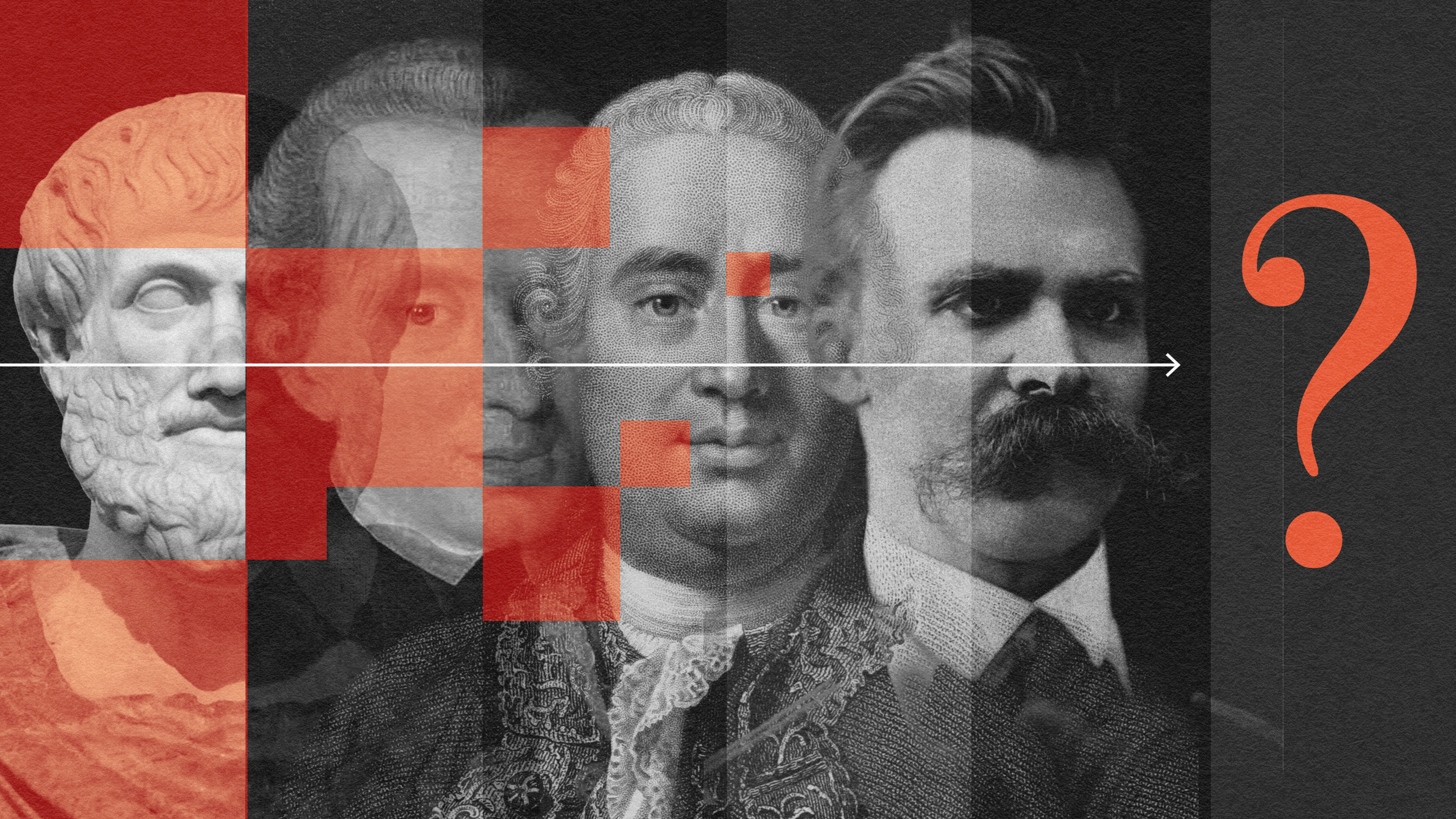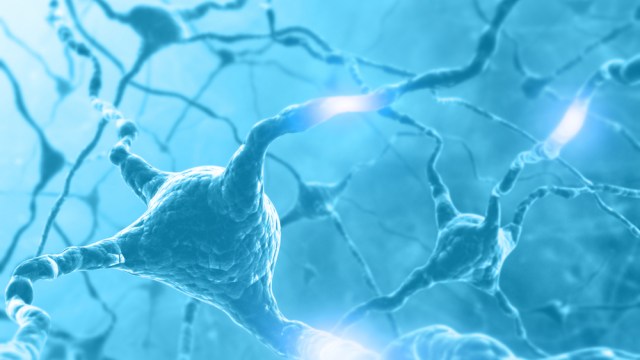How Negative Emotions Help to Achieve Well Being

What’s the Latest Development?
In the midst of a culture that appraises positivity far above negativity, or even a balanced view of reality, psychologists say now is an equally important time to accept the trials of life for what they are. “In fact, anger and sadness are an important part of life, and new research shows that experiencing and accepting such emotions are vital to our mental health. Attempting to suppress thoughts can backfire and even diminish our sense of contentment. ‘Acknowledging the complexity of life may be an especially fruitful path to psychological well-being,’ says psychologist Jonathan M. Adler.”
What’s the Big Idea?
Rather than associating happiness with hedonism, an approach that elevates pleasure above all else, a eudaemonic outlook recognizes the importance of meaning, personal growth and understanding the self. Practicing psychotherapist Tori Rodriguez encourages her patients to adopt this point of view: “Instead of backing away from negative emotions, accept them. Acknowledge how you are feeling without rushing to change your emotional state. Many people find it helpful to breathe slowly and deeply while learning to tolerate strong feelings or to imagine the feelings as floating clouds, as a reminder that they will pass.”
Photo credit: Shutterstock.com
Read it at Scientific American




